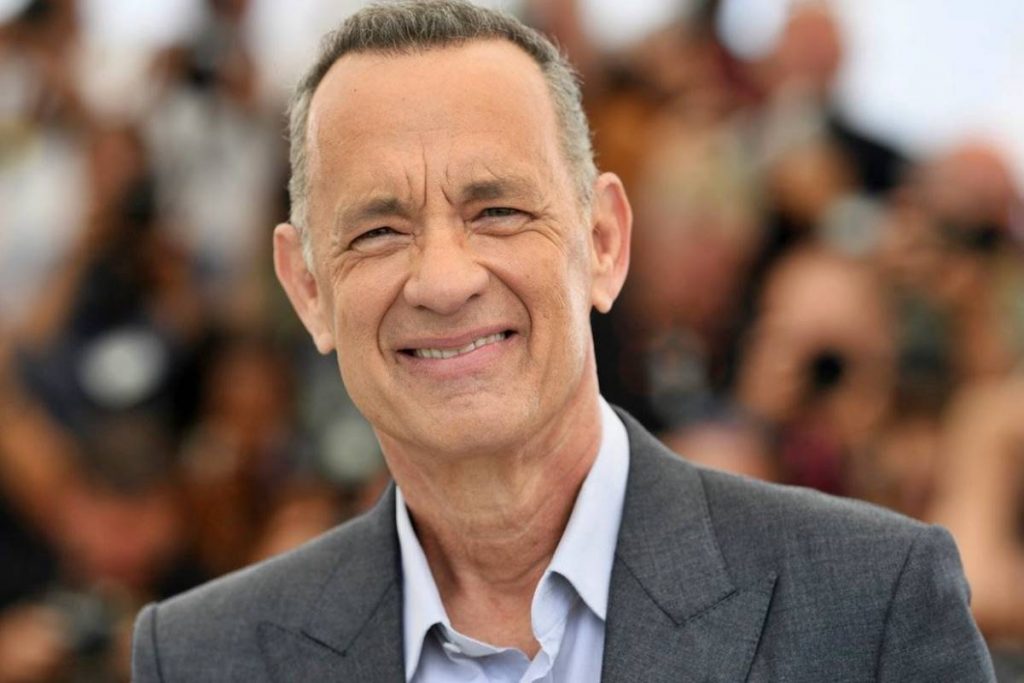Tom Hanks, the beloved Oscar-winning actor, has taken to social media to warn his fans about a troubling trend involving the misuse of his likeness in fake advertisements. On Friday, Hanks posted a heartfelt message on Instagram, alerting his followers to the presence of fraudulent ads that utilize his image and voice without his permission. These deceptive promotions claim to offer “miracle cures” and various health treatments, but Hanks emphasizes that he has no connection to these schemes.
In his post, Hanks stated, “There are multiple ads over the internet falsely using my name, likeness, and voice to promote miracle cures and wonder drugs.” He expressed deep concern over how artificial intelligence is being exploited to create these misleading advertisements. The actor clarified that he is not affiliated with the products being promoted or the individuals backing these dubious treatments.
Hanks also took the opportunity to share a personal health update, revealing that he has type 2 diabetes. He stressed the importance of consulting with qualified medical professionals, saying, “I ONLY work with my board-certified doctor regarding my treatment.” This statement underscores his commitment to providing accurate health information and protecting his fans from falling prey to fraudulent schemes.
The actor urged his followers to be vigilant and skeptical, warning them to “not be fooled, not be swindled,” and to “not lose hard-earned money” to these scams. This recent warning is not Hanks’ first encounter with such misuse of his image. In October of the previous year, he issued a similar caution about a false ad promoting a dental plan that featured an AI-generated version of himself. At that time, he shared a screenshot of the misleading advertisement, urging his fans to “BEWARE!!”
Hanks is not alone in facing this issue. Many celebrities have found themselves targeted by AI-generated advertisements. Last year, country singer Luke Combs was featured in a fake ad for “miracle” weight loss gummies that made the rounds on social media. Other notable figures like Piers Morgan, Nigella Lawson, and Oprah Winfrey have also fallen victim to similar scams. These ads often combine real footage with AI-generated dialogue, making them appear credible and authentic, which increases the risk of unsuspecting individuals getting deceived.
The growing trend of AI-generated content poses significant challenges for celebrities and consumers alike. For instance, actress Scarlett Johansson has taken legal action against a company for using her likeness and voice to promote its deepfake-generating capabilities. Additionally, she sued OpenAI earlier this year for allegedly using her voice in a demonstration for their ChatGPT 4 model.
